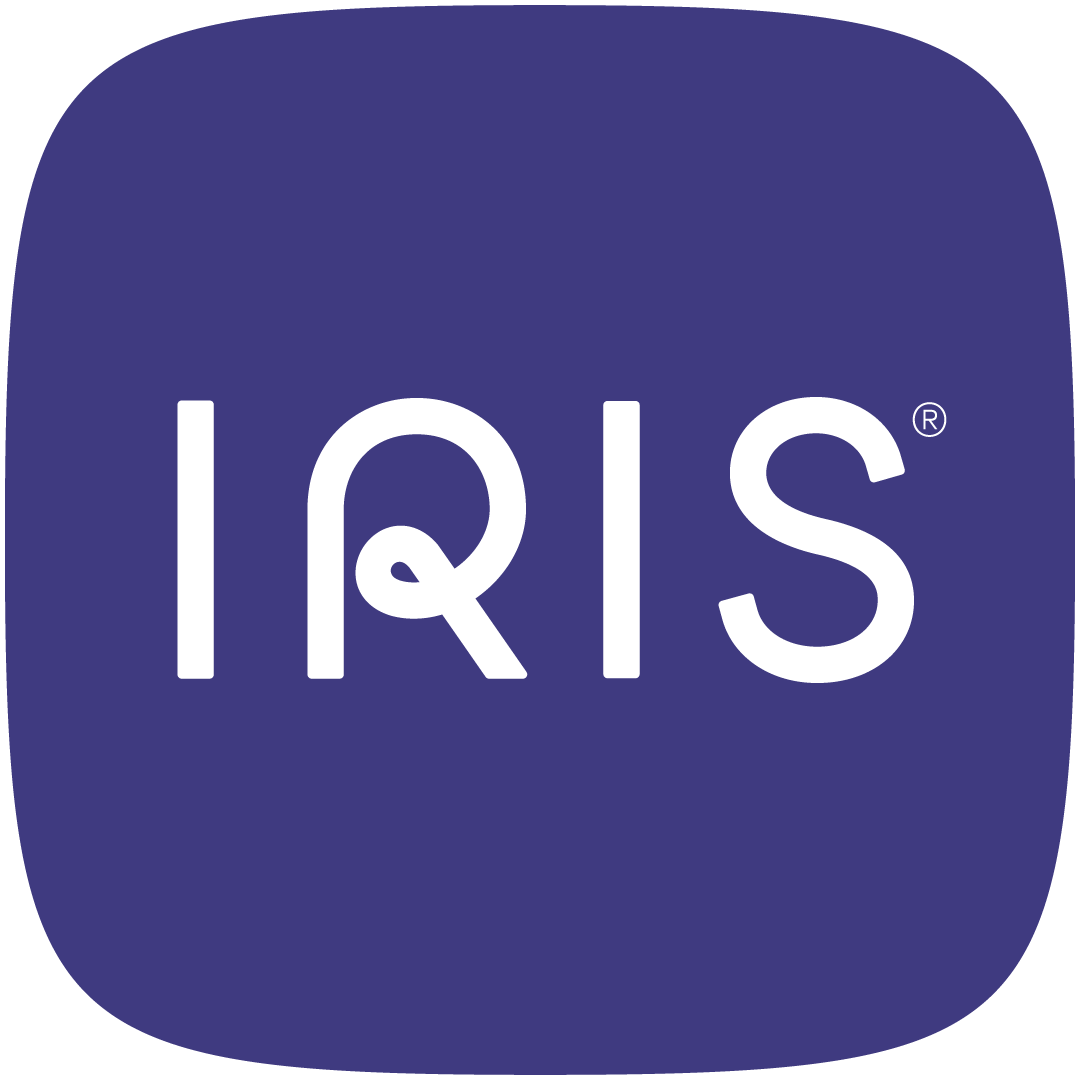Five ways hotels can operate more sustainably with a digital approach
Sustainability is no longer an option for hotels, it’s become a necessity. The hospitality sector is increasingly prioritising the reduction of its environmental impact and guests are actively seeking ‘greener hospitality experiences’ to align with their wider beliefs. Digital services provide an effective way for hotels to operate more sustainably while enhancing guest experiences.
So how can solutions like mobile ordering, digital guest directories, and mobile concierge enable hoteliers to reduce their environmental footprint and foster a more sustainable experience?
Here’s 5 simple ways:
1. Eliminating paper waste
Traditional hotel operations rely heavily on printed menus, order slips, brochures, and guest information booklets. By adopting digital guest directories and mobile ordering solutions, hotels can eliminate the need for paper-based materials, saving trees and significantly reducing their carbon footprint.
Mobile Ordering replaces printed menus with a seamless digital alternative, allowing guests to browse, customise, and place orders directly from their own devices. Similarly, digital guest directories can be updated without reprinting entire pages.
2. Reducing food waste
Food waste is a major sustainability concern in the hospitality industry. Digital solutions help hotels mitigate this issue by enabling precise ordering (including condiments, modifiers and related items) and efficient menu synchronisation with POS systems.
Using a mobile ordering app, guests can customise ingredients and add special requests, ensuring only necessary ingredients are used. In addition, scheduled delivery and advanced ordering features allow guests to place orders in advance, helping hotels prepare meals efficiently and reduce overproduction.
3. Optimising hardware resources
Even though Mobile Ordering is a software solution, we consider hardware sustainability as part of our development process. We ensure our platform is compatible with a wide range of devices. This approach eliminates the need for specialised hardware and enables hotels to easily implement our solution.
Furthermore, we maintain compatibility with older devices for as long as possible and optimise battery usage across our apps. This reduces electronic waste and additional resource consumption.
4. Prioritising sustainability in product development
At IRIS, sustainability is a key consideration in product development. Our prioritisation frameworks ensure that eco-friendly features receive top priority. Examples include:
Scheduled delivery: Guests can set specific delivery times, allowing kitchens to optimise food preparation and minimise waste.
Advanced ordering: Hotels and restaurants can efficiently manage inventory and special orders with bookings up to 365 days in advance.
Auto-fire period: Orders are printed at specific times rather than instantly, reducing unnecessary paper waste and improving kitchen workflow efficiency.
5. Cost savings and business value from sustainable digital solutions
Sustainability isn’t just about protecting the environment - it also makes good business sense by providing significant financial and operational benefits for hotels:
Lower operational costs by eliminating expenses related to printing and distributing physical menus and directories.
Reduced food waste, leading to lower inventory costs and optimised kitchen efficiency.
Enhanced brand reputation as an environmentally conscious establishment, attracting eco-conscious travellers who prefer sustainable hospitality experiences.
“Sustainability in hospitality isn’t a luxury or a trend- it’s a responsibility. By integrating digital guest experience solutions, hotels can dramatically reduce their environmental impact while improving efficiency and guest satisfaction.
These solutions enable sustainable operations, long-term cost savings, and a strong brand identity as a leader in eco-conscious hospitality.
Plus, there is a heightened appetite for sustainable tourism amongst consumers with sustainability becoming an expected standard. Travellers are actively seeking sustainable travel options so digitising processes, reducing waste and saving paper are all good places to start.”
In short, sustainability is the future of the hospitality industry, and with digital transformation, hotels can achieve both operational excellence, guest satisfaction and environmental responsibility.
Learn how to boost your F&B revenue with our free guide.
Book a customised Demo to see what's possible for your hotel.
For more information on the hotel, click here.




